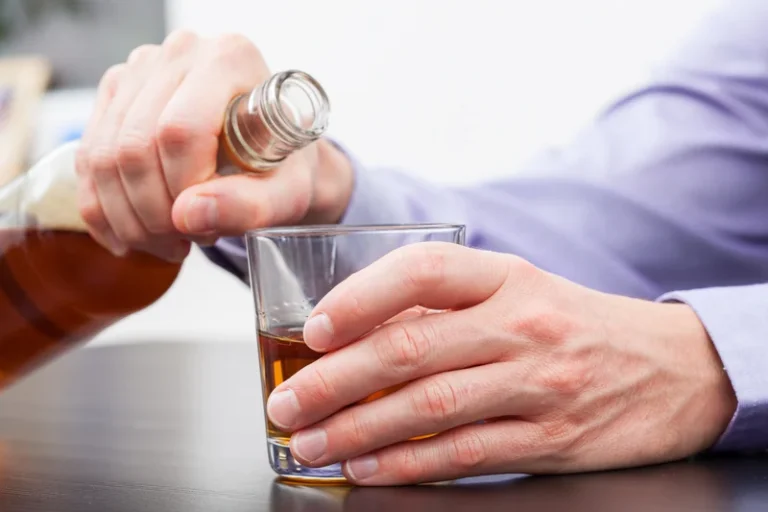
This figure increases to 91% for those who have remained abstinent and have attended AA for 5 years or more. Alcohol withdrawal is common, but delirium tremens only occurs in 5% of people who have alcohol withdrawal. Delirium tremens is dangerous, killing as many as 1 out of every 20 people who develop its symptoms.
In the First 8 Hours

In addition to adopting healthy lifestyle choices, people with alcohol tremors often take propranolol to control tremors. The alcohol withdrawal timeline varies, but the worst of the symptoms typically wear off after 72 hours. People who are daily or heavy drinkers may need medical support to quit. Stopping drinking abruptly can lead to seizures and can even be fatal. These symptoms may start a few hours or a few days after your last drink of alcohol.
- Medication-assisted treatments, such as benzodiazepines, can help ease withdrawal symptoms.
- Ask your doctor if either benzodiazepines or baclofen may be appropriate to help manage withdrawal symptoms.
- Because of this, detoxification from alcohol should always be done under medical supervision.
- Recognizing the distinction between minor shakes and the more severe delirium tremens is crucial in ensuring timely and appropriate care for individuals undergoing alcohol withdrawal.
- Factors such as the amount and frequency of alcohol consumption, general health, and genetics can influence the severity and duration of these symptoms.
Understanding Alcohol Shakes and How to Stop Them

If you have a past experience of withdrawal symptoms, you are likely to have them return if you start and stop heavy drinking again. There are no specific tests that can be used to diagnose alcohol withdrawal. Hangover shakes can be a warning of more severe alcohol withdrawal symptoms to come. Alcohol shakes, also known as tremors, are a common sign of alcohol withdrawal. They typically occur when someone who regularly drinks significant quantities of alcoholic beverages stops drinking, and the effect of alcohol starts wearing off. Committing to the alcohol recovery process is the best way to keep tremors at bay.
- When you stop consuming alcohol after prolonged, heavy use, your CNS can’t respond or regulate itself fast enough.
- This explains why individuals who frequently consume substantial amounts of alcohol may wake up experiencing tremors and feel the need to drink to regain stability.
- According to the Mayo Clinic, men should aim to drink 15.5 cups (3.7 liters) of fluids a day and women should aim to drink 11.5 cups (2.7 liters) of fluids a day.
- Each day, take time to revisit your recovery goals and the reasons you decided to stop using alcohol.
How it feels

For someone with moderate-to-severe alcohol withdrawal symptoms, inpatient treatment will likely be the best option. Inpatient treatment is when you are treated at a hospital or another professional setting that specifically handles alcohol withdrawal. The main goal of alcohol tremor treatment is to reduce your withdrawal symptoms, alcohol shakes prevent any complications, and enroll in long-term treatment for alcoholism. If you undergo professional alcohol detox, you may be given certain medications to reduce symptoms, such as benzodiazepine, thiamine, or propranolol. Unlike regular alcohol tremors, DT is a medical emergency and can be life-threatening if it’s not treated.

If you try to stop drinking by going cold turkey, and experience alcohol withdrawal symptoms so severe that you start drinking again, then you do need professional help–now. Alcohol-induced tremors, commonly referred to as “the shakes,” are rooted in the profound effects that alcohol has on the central nervous system (CNS). When an individual consumes alcohol regularly, the CNS becomes accustomed to its depressant effects. The body, in response, produces more excitatory neurotransmitters to counteract the sedative properties of alcohol and maintain neural equilibrium. However, when alcohol consumption ceases or is reduced, the body still produces an excess of these excitatory neurotransmitters, leading to hyperactivity in the nervous system.
- We invite you to contact us today to learn how we can help as you embark on your recovery journey.
- However, some symptoms may not show up until up to 10 days after you give up alcohol.
- While receiving treatment, healthcare providers will want to monitor you continuously to make sure you don’t develop life-threatening complications.
Subscribe to Harvard Health Online for immediate access to health news and information from Harvard Medical School.
